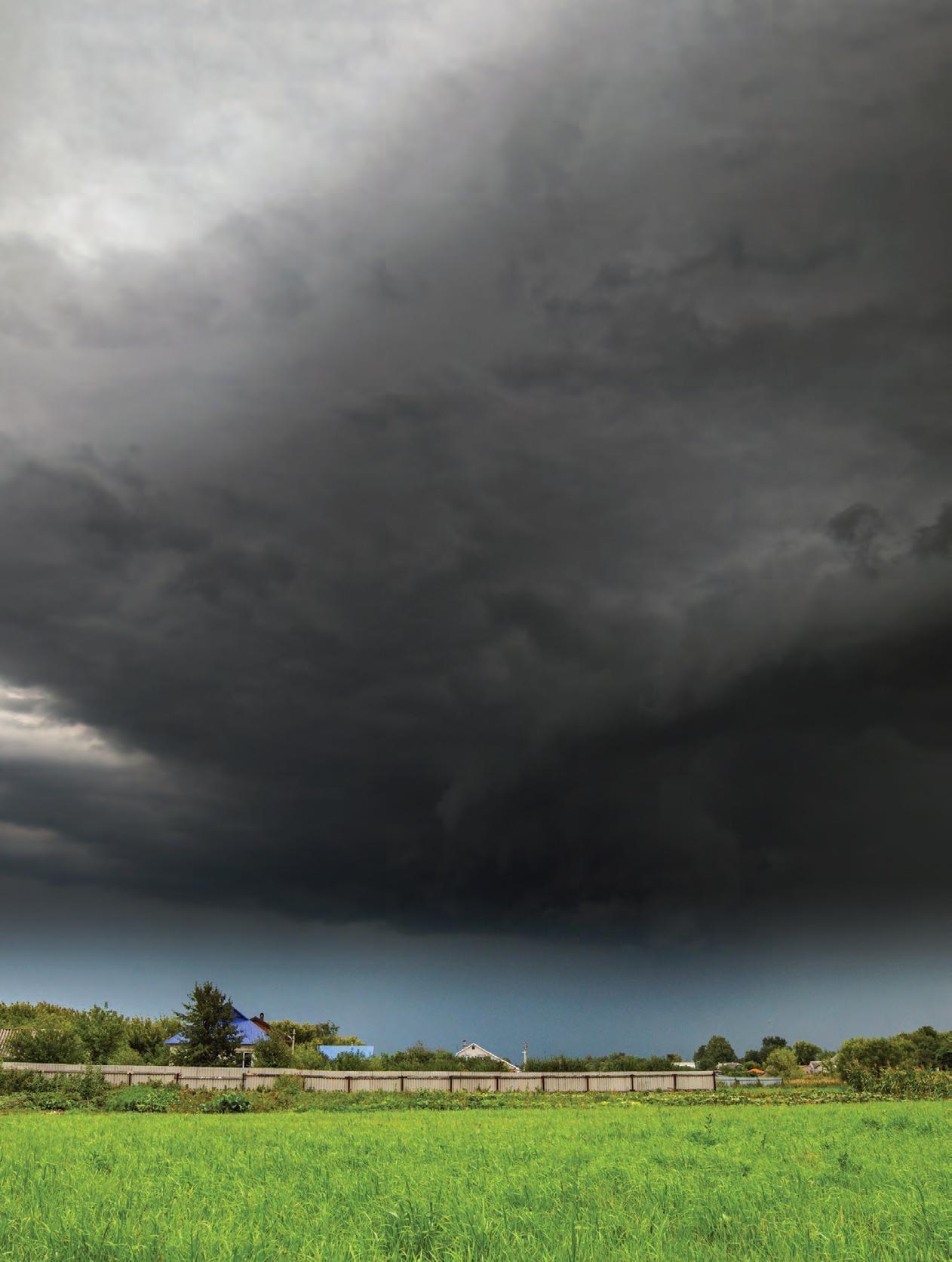
1 minute read
Stop Summer Shock!
Operating Generators Safely a Must in Storm Season

Since threats of brief but powerful thunderstorms persist throughout Alabama summers, some Coosa Valley residents use generators to provide backup power in case outages occur.
While useful and even necessary, generators must be used properly to avoid serious injury — or worse. Follow these tips to ensure your power flows safely:
Electrical Safety
• Always have a professional electrician install a transfer switch that allows you to safely switch between utility power and backup generator power. Without this switch, generators can “backfeed” electricity, damaging homes and endangering lineworkers who may be making repairs on the grid.
• Always use grounded and undamaged cords to connect the generator. Ensure cords can carry the proper wattage.
• Always use ground-fault circuit interrupters (GFCI) outlets where you use a generator.
• Operate the generator in a dry space and never in rainy conditions.
Other Safety Tips
Most generators use fossil fuels to create power. The burning of fossil fuels creates carbon monoxide, which can be lethal. To avoid carbon monoxide poisoning:
• Never operate a generator in an enclosed space. Make sure a generator has at least 3 to 4 feet of clear space on all sides to allow for proper ventilation.
• Keep generators away from doors, windows and vents — pathways that could allow carbon monoxide to collect in an interior space.
• Install carbon monoxide detectors near sleeping areas and on every floor of a home.

• Finally allow generators to cool before refueling them to prevent fires.
Sources: Electrical Safety Foundation International and American Red Cross








